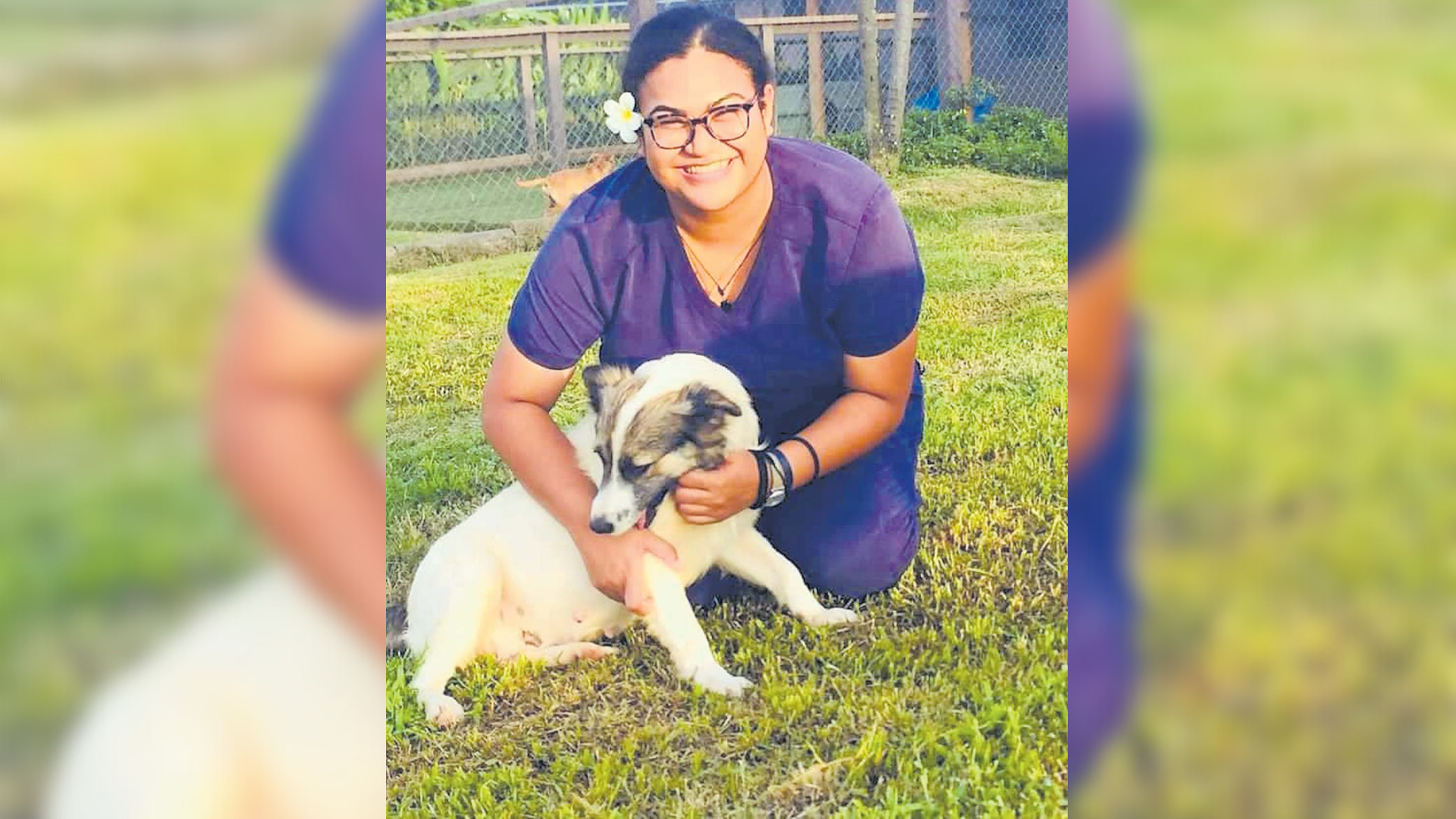Animal cruelty in Fiji is not a small problem. It is widespread. It is serious. And it is not going away unless we all step up — together.
We’ve seen heartbreaking stories lately. One of them was Romeo, a dog who was tied up and padlocked, left in pain and silence until kind strangers stepped in. His story made headlines, sparked anger, and moved many of us to tears.
But Romeo is not alone. Every day, animals across our country are being beaten, starved, and abandoned. The truth is, these things have been happening for a long time — and they will keep happening unless real change happens on the ground.
Let’s be honest. Talking about animal rights on social media is easy. But saving an animal from a ditch, taking it to the vet, and caring for it every day — that’s the hard part.
And that’s what organisations like SPCA Fiji Islands, Animals Fiji, and other frontline groups have been doing for years. Most of the time, they do it quietly, without big announcements or cameras.
These are the people who work in hot weather, short on money and staff, to rescue animals no one else wants to help. If we want to truly fight cruelty, we must start by helping them.
One of the biggest problems we face is that the law protecting animals in Fiji. Some of them are 70 years old! That’s older than most of us. It was written in a different time and doesn’t deal with many of the issues we now face and the world has changed quite a bit since they were written.
Even the punishments under the law are small. Someone can abuse an animal and walk away with just a fine or a warning. That’s not justice — and it doesn’t scare anyone from doing it again.
We need to change this law. But changing a law isn’t fast. It means working with Parliament, writing better rules, and making sure those rules are enforced. It also means training police, health inspectors, and town council workers to take animal cruelty seriously — not just as a side job.
Some people say, “Just enforce the law.” I wish it were that simple.
Enforcement means having trained officers. It means having transport to go and check on reports. It means having shelters to take animals to after a rescue. Right now, there are only a few shelters in the whole country — and most are full. Enforcement also means having a proper system where people can report cruelty and know something will be done.
We’re not there yet. But we can get there if we all do our part.
I have been talking to government ministers and leaders, both present and past, about how we can improve this system, and they are keen.
This is not just a job for politicians. Businesses, schools, media, and everyday people all have a role to play.
We need partnerships. We need awareness in our villages, towns, and cities. And most of all, we need money to support the people and organisations already doing the work.
It would be nice if part of the national budget this year went toward animal welfare — for more inspectors, better shelters, and stronger enforcement. If we can fund roads and tourism, we can fund the protection of living beings who feel pain and fear, just like we do.
At the end of the day, no law or policy can replace kindness. We must raise a generation of Fijians who respect animals — who see them not as property as living souls. That means teaching our kids in school. That means showing them, through our actions, that hurting animals is wrong.
Let’s stop pretending this is a simple problem with a simple fix. It’s not. But if we work together — not just complain — we can build a Fiji where cruelty is the exception, not the norm.
Now I’m going to digress slightly to make another important point directed at animal welfare activists.
I previously organised the Royale Dog Show in Fiji and will be hosting another one this year — the goal is to raise awareness about ethical, responsible dog breeding, especially in a country where nearly all breeders operate without regulation, treating dogs as profit machines through inbreeding and puppy farming.
Like it or not, purebred dogs are here to stay, and attacking owners only creates division — many families want guard dogs for protection, and real animal welfare means educating and engaging, not shaming.
So be nice to animals. Support organisations who have protected them for decades. Educate your children. And stop shaming others.
Until next week, take care and be safe.
ARNOLD CHANEL is an investor and business executive with years of tech expertise. He can be contacted on ceo@vanguardtech.pro. The views expressed in this article are his and not of this newspaper



